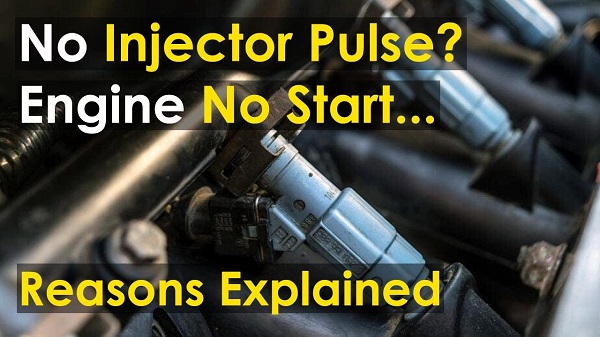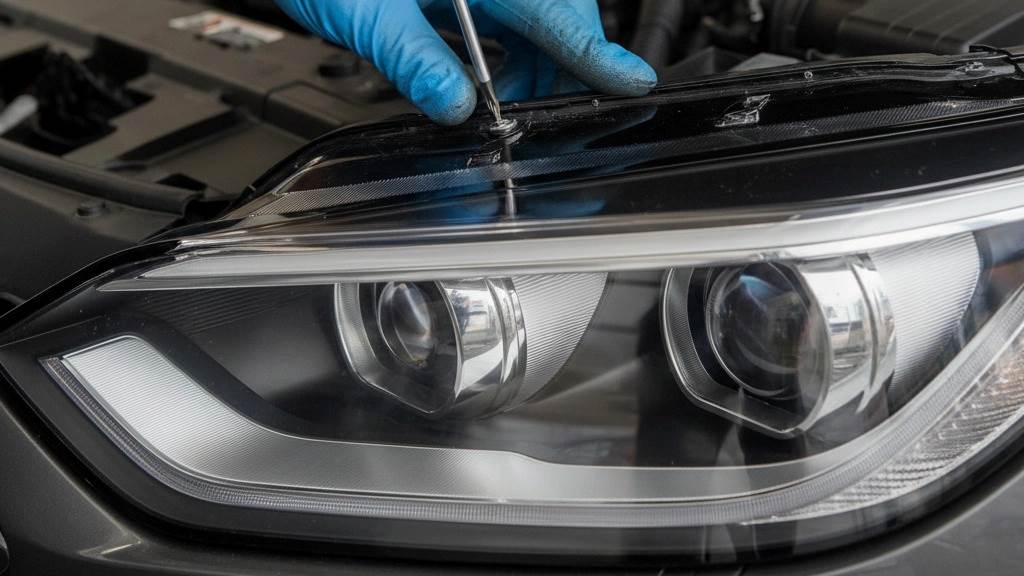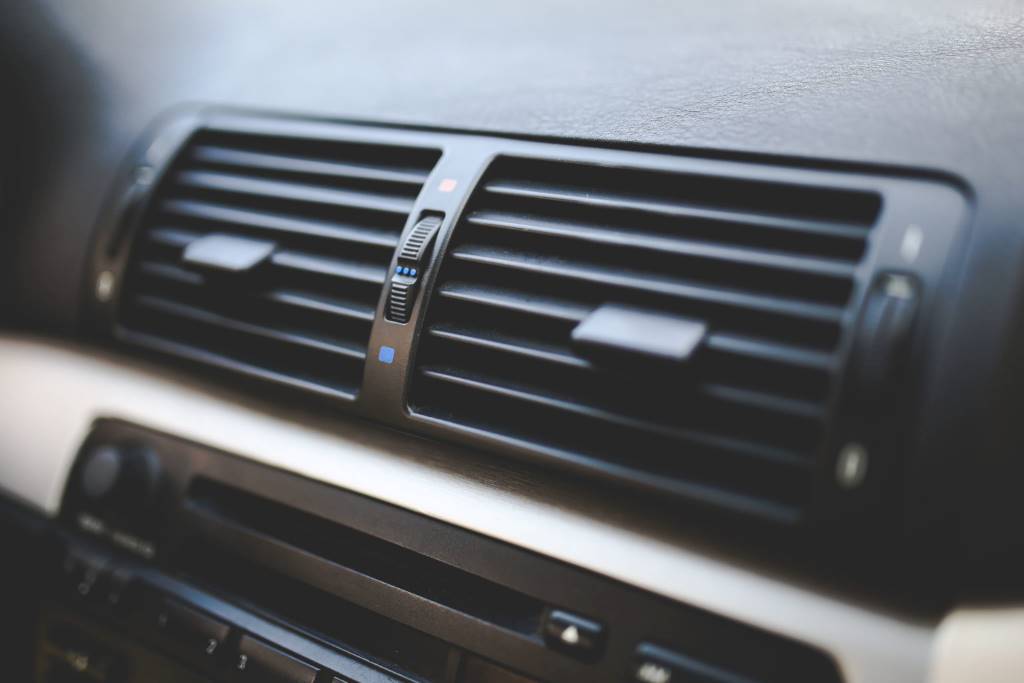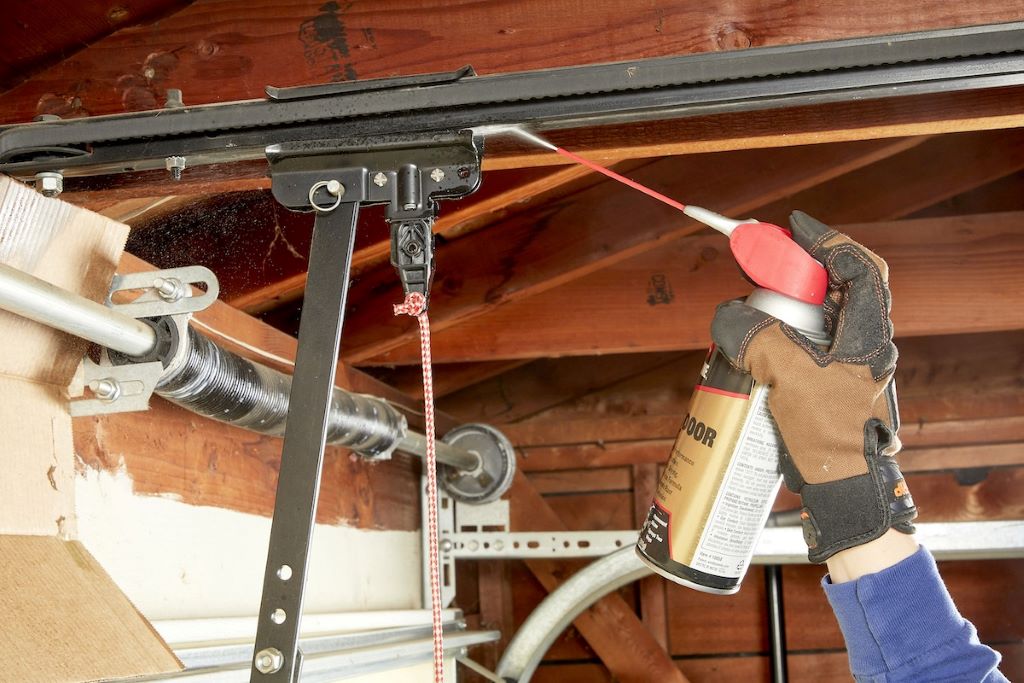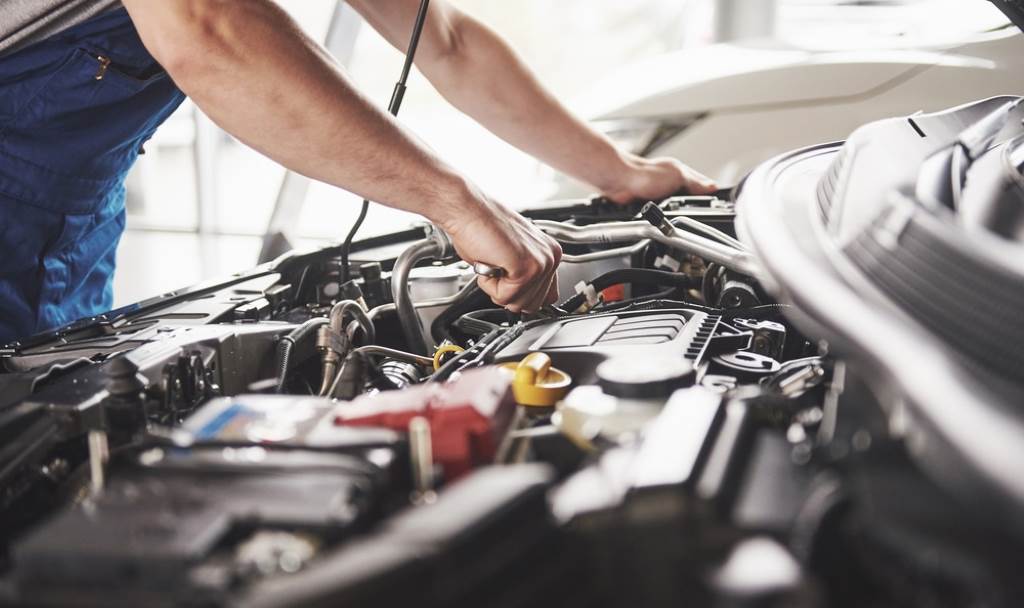Your car’s injectors can become clogged and not allow fuel to pass through the system resulting in a lack of power and performance. The following article discusses some common areas where debris may get trapped, causing an injector pulse problem. Have you been noticed what causes no injector pulse? A few simple diagnostic steps will help pinpoint the exact location of this issue.
What causes no injector pulse?
Since car tries to start with a minimum amount of fuel injected into the cylinders, a no injector pulse in car, can lead to stalling. ‘No injector pulse’ problem can be caused by the following:
1) Faulty Fuel Pump:
When no injector pulses are sent to the injectors due to faulty fuel pump, car fails to start. This can happen due to a clogged fuel filter or restricted fuel lines.
2) Faulty injectors:
When an injector fails, it will stop working completely which results in no injector pulse sent to the engine. Most of the times car will try to crank but not start because there is not enough fuel in the engine.
3) Faulty ignition coil:
Inside an ignition coil, there is a transformer that boosts current to the levels needed to fire up the spark plugs. When this ‘transformer’ goes bad, car will lack power and not start because no injector pulse is sent out by the ECM to the injectors.
4) Faulty ECM:
If after performing all the above mentioned steps, car still fails to start and lacks power, then it is a faulty ECM that could be causing no injector pulse problem in car.
How is no injector pulse diagnosed?
One can diagnose no injector pulse in car by checking the following:
1) Listen to engine when it tries to start. If there is a stuttering sound from the engine, then fuel pump is bad and needs replacement.
2) Check for spark. When ignition coil is faulty or shorted, no spark is produced resulting in a no injector pulse in car.
3) Listen for clicking sound from the solenoid when starting engine. If no click is heard, then either the fuse has blown or the solenoid and wiring are faulty.
4) Open fuel lines to check if they are blocked by debris which can be causing no injector pulse problem in car.
5) If after performing the above diagnostic steps, car still fails to start and lacks power, then it is time to replace ECM.
How to fix no injector pulse in car?
1) If fuel pump is the culprit, then replacing it will solve no injector pulse problem.
2) If injectors are at fault, they can be replaced to fix no injector pulse issue.
3) Replacing ignition coils with new ones, if bad may help in fixing no injector pulse in car.
If after doing all of the above, car still fails to start and lacks power, it is time to replace ECM.
No injector pulse in car problem can be fixed with little efforts by performing some simple diagnostic steps. Make sure you know which area of the fuel injection system is causing no injector pulse issue before starting your repairs. If you are not sure about the fault, ask a mechanic to help you pinpoint the problem.
No injector pulse is essentially no fuel injected into the cylinders by the fuel injection system. This, in turn, causes car to stall and not start. If you hear clicking sound from your solenoid or see spark when trying to start, then injectors are at fault.

